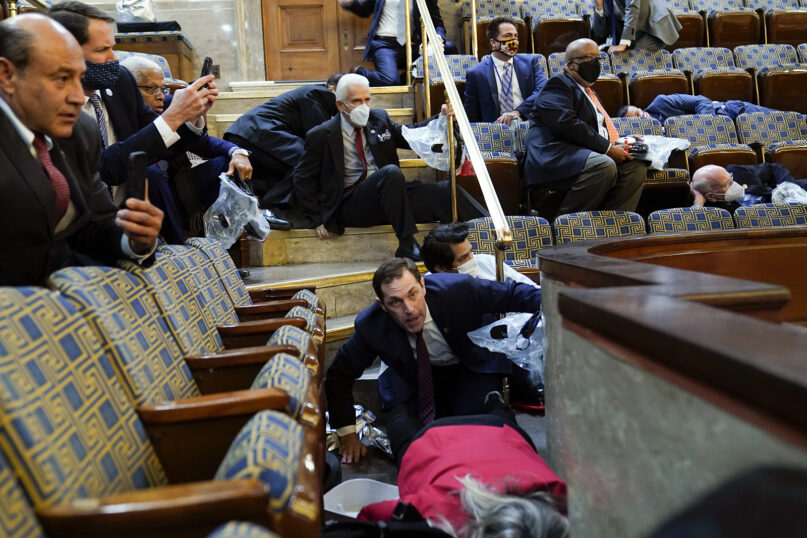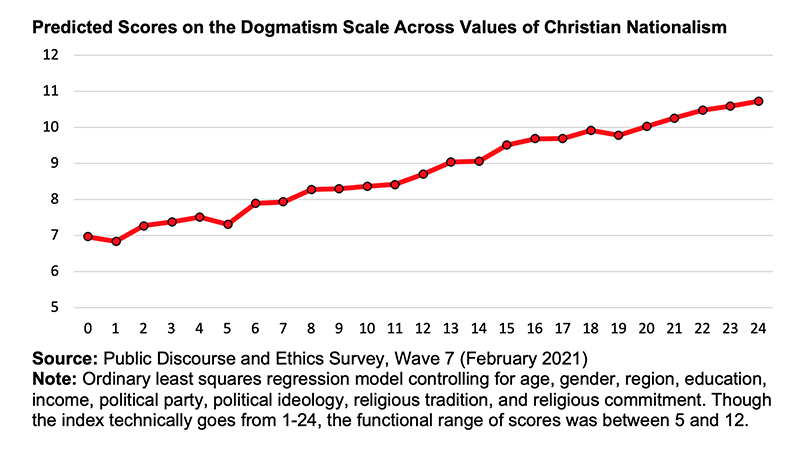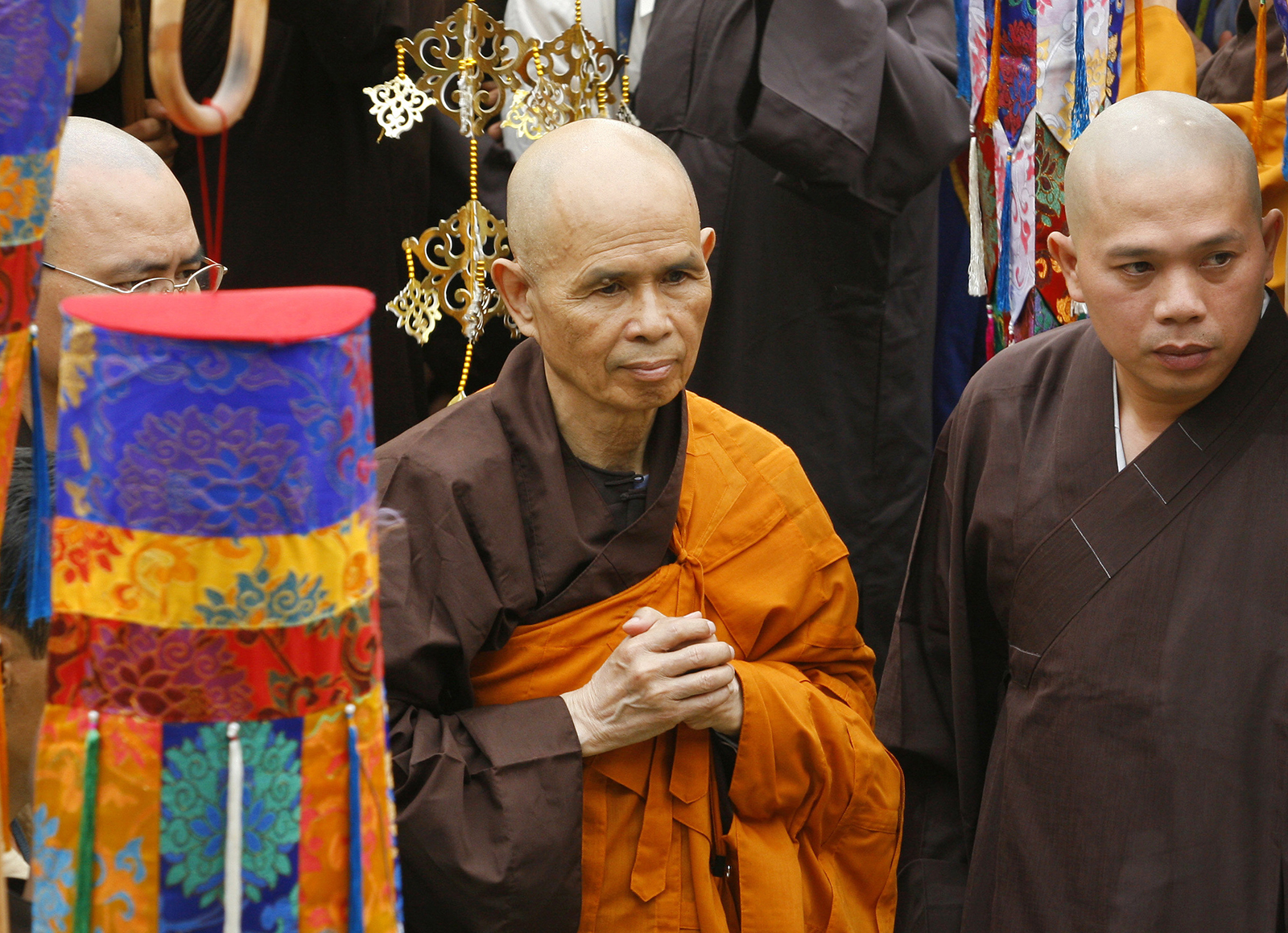Instagram ‘smash and grab’ impostors peddle fake psychic and tarot readings
Metaphysical practitioners are becoming increasingly frustrated with social media outlets as impersonators thrive off their accounts.

Fake accounts in the online tarot community are called out in posts by @ScammerAlertPage on Instagram. Screengrab
(RNS) — Mat Auryn had been hearing for months from clients who said they had responded to Instagram offers for psychic readings, paid for them and received nothing. Others said they were getting preemptory readings that made no sense.
At first the complaints came once every couple of months, then increased to weekly, and eventually to four to five times a month, Auryn told Religion News Service.
The biggest clue that his clients were being scammed, however, is that Auryn, an author, blogger and witch who lives in Northern California, does not offer psychic readings, much less on the internet.
He is one of a number of high-profile metaphysical practitioners who is becoming increasingly frustrated with social media outlets as impersonators thrive off their accounts.
RELATED: ‘I didn’t have anyone in my life who I could talk to about it’
Besides hurting his followers who look to his readings for introspection and solace, “it damages my reputation and my sales,” Auryn said.

Theresa Reed. Photo by Jessica Kaminski
Theresa Reed, best known online as The Tarot Lady, said that she discovers at least one new copycat account daily, predominantly on Instagram. Like Auryn, Reed doesn’t give readings online.
Scammers nonetheless typically clone her account by copying its content, her bio and photo and starting a new one, altering the account name slightly: @TheTarotLady instead of @The_TarotLady, for instance.
To accumulate followers, “the impersonators work with bot accounts,” Reed said. Then, they reach out to her own followers via messaging and offer a reading for cash. “The messages use lingo I would never use, like ‘Dear Beloved, I get energy from your picture …’ or ‘Thank you, love,’” she said.
The scammer typically deletes the account within a few days of receiving money. It is a “smash and grab” setup, said Reed.
Tarot readers, witches, mediums and psychics, including some who don’t offer services online, all told a similar story.
Auryn, who recently published a blog post to help clients spot “spiritual Impersonators,” said readers already have a “stigma of being frauds,” he said. “Things like this are so frustrating because they perpetuate this idea.”
Warranted or not, metaphysical services have long been connected to fraudulent activity, and many municipalities across the country still carry often antiquated legal codes on their books prohibiting fraudulent ‘fortune telling’ services outright, although they are often challenged under religious freedom laws.

A woman displays tarot cards. Photo by Petr Sidorov/Unsplash/Creative Commons
There are also reportedly online commerce sites that won’t do business with readers, whose work is classified as “high risk.”
“There have always been rogues in our industry, as with any industry,” said Reed. The social media scammers are just an online manifestation.
John Edward, a psychic medium and creator of the popular television show “Crossing Over,” has been plagued with online impersonators “for years,” he said. “We block all the time.”
To help cut down on scams, Edward took his accounts private.
“I had no choice,” he said. “If I can protect the energy of my clients then I will. Even if it’s at the deficit of an account growing.”
Other metaphysical practitioners have left social media platforms entirely. Paige Vanderbeck, host of the Fat Feminist Witch podcast, left a note on her Instagram page that reads “The Fat Feminist Witch Podcast is no longer on Instagram. Beware of Scammers.”
Many practitioners are trying to get their social media accounts “verified” — a designation that indicates that Instagram, Facebook or Twitter has identified the person behind the account to be who they say they are. The status, however, is not easily won.
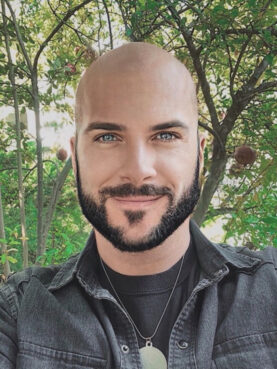
Mat Auryn. Photo via Audible
“The requirements for verification on Instagram,” Auryn said, “are not realistic for many in our community,” since it requires a certain level of visibility in mainstream media, according to experts he’s talked to. Occult practitioners “are not going to get mainstream press like those within megachurches,” he said.
Neither Facebook nor Instagram responded to a request for comment.
Edward, who is verified, still struggles regularly with scammers, which suggests that the designation doesn’t necessarily curb scams.
Reed, though requesting multiple times to be verified by Instagram, has repeatedly appealed to Instagram to block impostors. Reporting through the app itself is the fastest route, she said, but only if the scammers haven’t blocked her before she can do it. In that case, she goes through the website, reporting copyright infringement for use of her photo.
“Sometimes (Instagram) removes the account,” she said. Sometimes it only removes her photo.
Her account was recently shut down during a livestream due to “suspicious activity,” she said, for filing “too many reports.”
The experience is similar on the other social media platforms.
Some practitioners have blocked entire regions after discovering scammers come from a particular part of the world, though this option is not available on all platforms.
Others are not waiting for Instagram.
Tarot reader Zai Nova was recently chosen by a group of 20 readers to create and run a collective Scammer Alert Page, an Instagram account warning people of fraudulent metaphysical accounts. “I started the Scammer Alert Page in an attempt to bring awareness to the scammers in the Tarot Community,” she said.
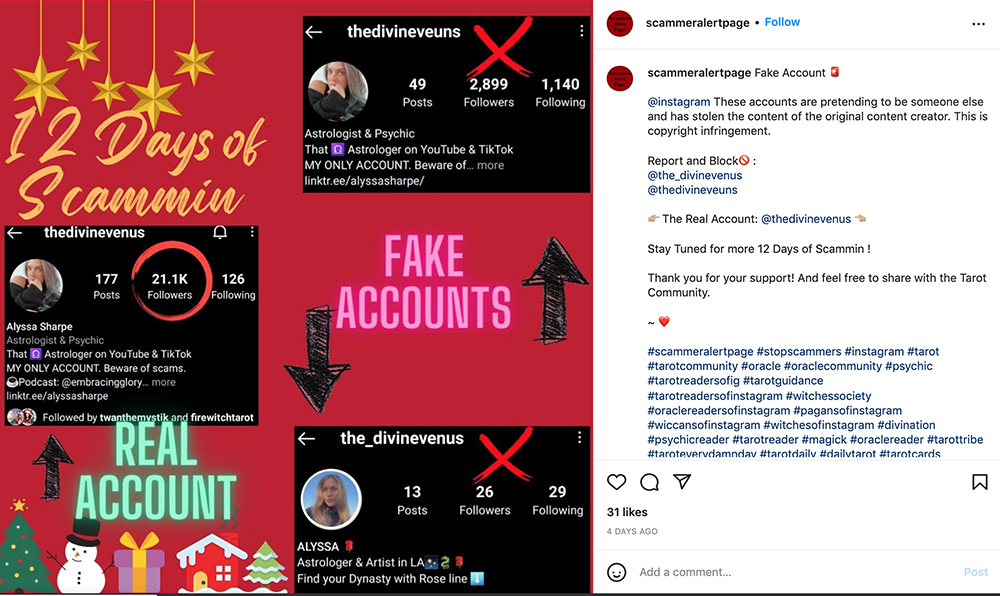
Fake accounts in the online tarot community are called out in a post by @scammeralertpage on Instagram. Screengrab
RELATED: Insta-Famous: Nadirah Pierre’s satire draws on the Black Muslim experience
None of the practitioners have taken the problem off the internet and filed formal legal complaints. Healer Tess Whitehurst said she wouldn’t know where to begin, as most scammers are unidentifiable and are reportedly operating from outside the country.
As with so much of online culture, social media has proved to be a double-edged sword, expanding metaphysical practitioners’ reach while challenging the legitimacy of their craft.
“So many people have worked very hard to help clients and educate the public,” Reed said. “It feels like this is undoing everything we’ve worked for.”
